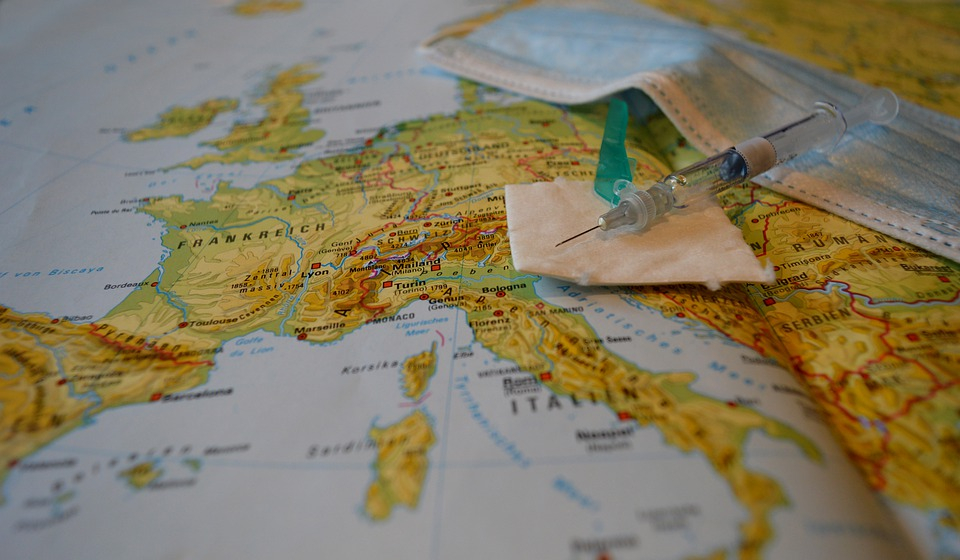As Poslovni Dnevnik writes, in an interview with RTL Direkt (Direct), the director of the Zagreb Institute of Public Health, Zvonimir Sostar, commented on the current epidemiological situation across the country and the increasing demands for the further relaxation of anti-epidemic measures.
“I don’t think it’s time to ease the measures yet, we’ve had 600 new cases of infection just in Zagreb. That’s much better than it was a month ago, the circulation of the British strain, which infected about 98 percent of those who fell ill, is slowly coming to an end. The fourteen-day incidence is still very high in Zagreb, standing at around 600. When it drops to around 150, then we can talk about easing some of the measures,”
“A balance needs to be found, our psychologists and psychiatrists working with young people have one-month waiting lists for the first time ever. Of course young people cannot live locked inside their four walls, and school is just one way of them socialising. I think we can slowly release the measures regarding high school, but that will have to be the decision of the Zagreb Civil Protection Directorate. We’re going to follow the numbers and decide,” he said (read more on that here).
The number of vaccinations administered will absolutely affect the easing of the epidemiological measures. If we’re looking at the percentages, the most people in all of Croatia which have been vaccinated are in Zagreb, over 25 percent of them who are over 18 years of age. Today, about 7,400 people have been vaccinated in Zagreb,” said Sostar, adding that they’re still having no problem calling enough people to come to be vaccinated.
For all you need to know about coronavirus specific to Croatia, including travel, border and quarantine rules, as well as the locations of vaccination points and testing centres, make sure to bookmark our dedicated COVID-19 section and choose your preferred language.








